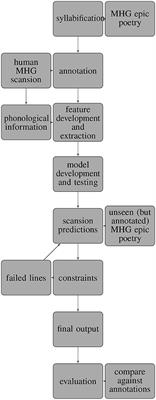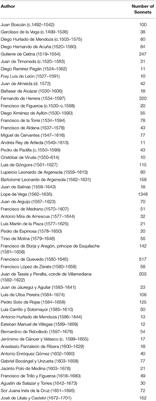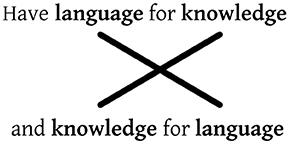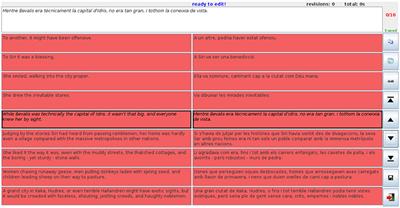EDITORIAL
Published on 27 Sep 2018
Editorial: Computational Linguistics and Literature
doi 10.3389/fdigh.2018.00024
- 3,914 views
- 2 citations
7,193
Total downloads
98k
Total views and downloads
EDITORIAL
Published on 27 Sep 2018
ORIGINAL RESEARCH
Published on 18 Jul 2018

ORIGINAL RESEARCH
Published on 20 Jun 2018

ORIGINAL RESEARCH
Published on 17 May 2018

ORIGINAL RESEARCH
Published on 15 May 2018
